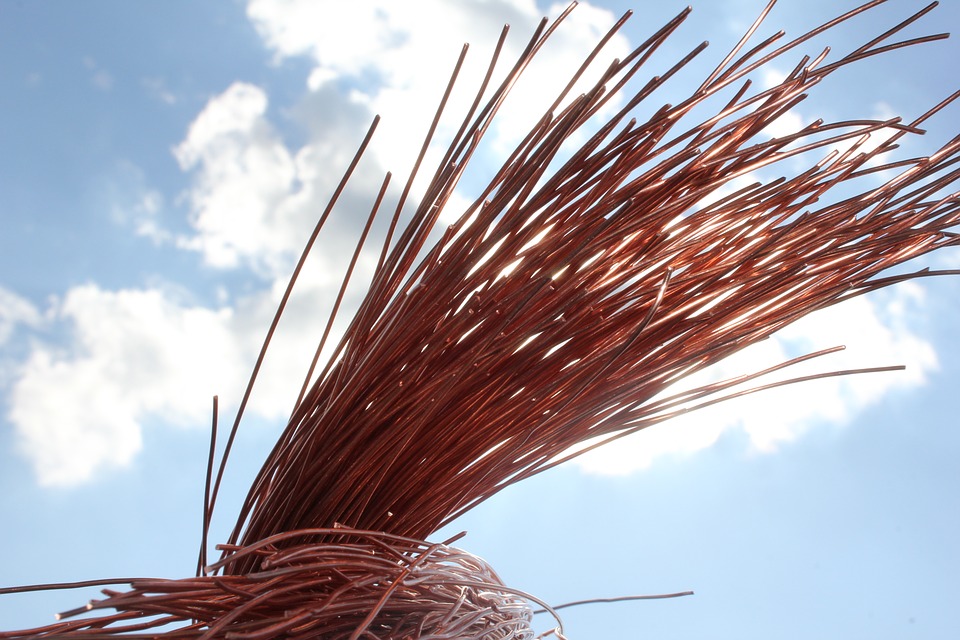
Copper wire is one of the most widely used materials in electrical systems, known for its excellent conductivity and durability. It plays a critical role in various applications, from powering homes and businesses to supporting large-scale industrial operations. This article will delve into what copper wire is, its primary uses, and explore the advantages and disadvantages of using copper wire in electrical systems.
What is Copper Wire?
Copper wire is a type of electrical conductor made from copper, a highly conductive and malleable metal. Due to its superior conductivity, copper is a preferred material for electrical wiring and has been used in numerous industries for decades. Copper wire is available in various forms, including bare wire, tinned copper, stranded, and solid core wire, depending on the application.
Common Uses of Copper Wire
Copper wire is found in nearly every electrical and electronic device, thanks to its versatility and reliability. Here are some key applications:
- Electrical Wiring: Copper wire is the standard for residential, commercial, and industrial electrical wiring.
- Telecommunications: Copper is widely used in telephone lines and internet infrastructure.
- Power Distribution: Copper cables are used in power grids to transmit electricity across long distances.
- Electronics: Copper is a core material in circuit boards, connectors, and many electronic components.
- Automotive Industry: Copper wiring is commonly found in vehicles to connect various electronic systems.
Pros of Copper Wire
Copper wire offers numerous benefits that make it a top choice in many electrical and industrial applications. Here are some key advantages:
Excellent Electrical Conductivity
Copper is one of the best conductors of electricity, second only to silver. Its high conductivity ensures minimal energy loss during power transmission, making it ideal for both low-voltage and high-voltage applications. This efficiency leads to lower energy costs and better performance in electrical systems.
Durability
Copper wire is known for its long-lasting durability. It can withstand harsh environmental conditions, including high temperatures and moisture, without degrading quickly. This makes copper wire suitable for both indoor and outdoor applications, as well as in demanding industrial settings.
Malleability and Flexibility
Copper is highly malleable, meaning it can be easily bent, twisted, or shaped without breaking. This flexibility is particularly useful in electrical installations, as it allows copper wire to fit into tight spaces and be routed around obstacles easily.
Corrosion Resistance
Copper is naturally resistant to corrosion, especially when used in its tinned form. This helps extend the lifespan of copper wiring, even when exposed to moisture or outdoor conditions, making it a reliable choice for long-term applications.
Recyclability
Copper is 100% recyclable, and its properties do not degrade when recycled. This makes copper wire an environmentally friendly option, contributing to sustainable practices in industries that rely heavily on electrical components.
Cons of Copper Wire
While copper wire has many advantages, it also comes with some drawbacks that need to be considered, particularly in specific applications. Here are some of the key disadvantages:
Cost
One of the primary drawbacks of copper wire is its cost. Copper is more expensive than alternatives like aluminum, which can make large-scale installations, such as wiring for industrial buildings or power grids, significantly more expensive. The high price of copper can also be a deterrent for smaller projects where budget constraints are an issue.
Weight
Copper is relatively heavy compared to other materials used for wiring, such as aluminum. The weight of copper can make it more challenging to install in certain applications, especially where weight limitations are a concern, such as in aerospace or high-rise buildings.
Oxidation
While copper is resistant to corrosion, it can oxidize over time when exposed to air. Oxidation causes the surface of the copper to develop a greenish patina, which can affect its appearance and potentially reduce its conductivity if not properly maintained.
Vulnerability to Theft
Due to its high value, copper wire is often targeted for theft, particularly in construction sites, utility installations, and scrap yards. This can lead to additional costs for replacing stolen copper and securing wiring installations.
Conclusion
Copper wire remains one of the most widely used and reliable materials in electrical systems, thanks to its excellent conductivity, durability, and resistance to corrosion. However, it is not without its challenges, including higher costs, weight, and vulnerability to theft. When deciding whether to use copper wire, it’s important to weigh the pros and cons in the context of your specific application.
For applications requiring high conductivity, durability, and flexibility, copper wire is an excellent choice despite its higher price. However, for large-scale installations where weight and cost are major factors, alternatives like aluminum wiring may be worth considering. Ultimately, the decision depends on the specific needs of the project and the balance between performance and cost.

